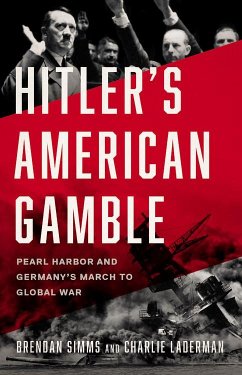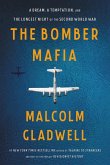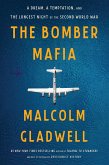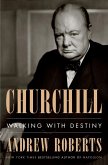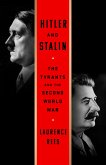"By early December 1941, war and genocide had changed Europe beyond recognition. Nazi Germany had occupied most of the continent and opened concentration camps, while millions of soldiers had died on the front. In Asia, the outbreak of the Second Sino-Japanese War had turned mainland China into a battleground and the Pacific Islands into an armed camp. Still, these far-off conflicts were not yet inextricably linked, and the greatest power the world had yet seen, the United States, was at peace. Hitler's American Gamble explores the five critical days that changed everything: December 7th-11th, from Japan's attack on Pearl Harbor to Hitler's declaration of war on the United States. Historians have conventionally believed that Japan's pre-emptive strike led inexorably to the German-U.S. war and the outbreak of a truly global conflict. Tracing diplomatic and strategic developments in real time, historians Brendan Simms and Charlie Laderman reveal how in fact an American declaration of war against Germany was far from inevitable. Roosevelt faced a Congress and country unwilling to break with the isolationism it had embraced at the end of World War I. The outbreak of an expensive Pacific war with Japan on December 7th failed to convince many Americans that the nation should also intervene in Europe, despite the fervent hopes of Allied leaders and the Roosevelt administration. Only with Hitler's intervention on December 11th was the United States irrevocably roped into war with Germany. This was not the foolhardy decision of a man so bloodthirsty he forgot all sense of strategy, but a decision Hitler took rationally and a gamble that made sense for Germany, even as it expanded its theatre of war. Backed by deep archival research, Hitler's American Gamble revises our understanding of World War II, uncovering the rationale behind Hitler's greatest strategic error and offering a new perspective on America's rise to global power"--
Hinweis: Dieser Artikel kann nur an eine deutsche Lieferadresse ausgeliefert werden.
Hinweis: Dieser Artikel kann nur an eine deutsche Lieferadresse ausgeliefert werden.

